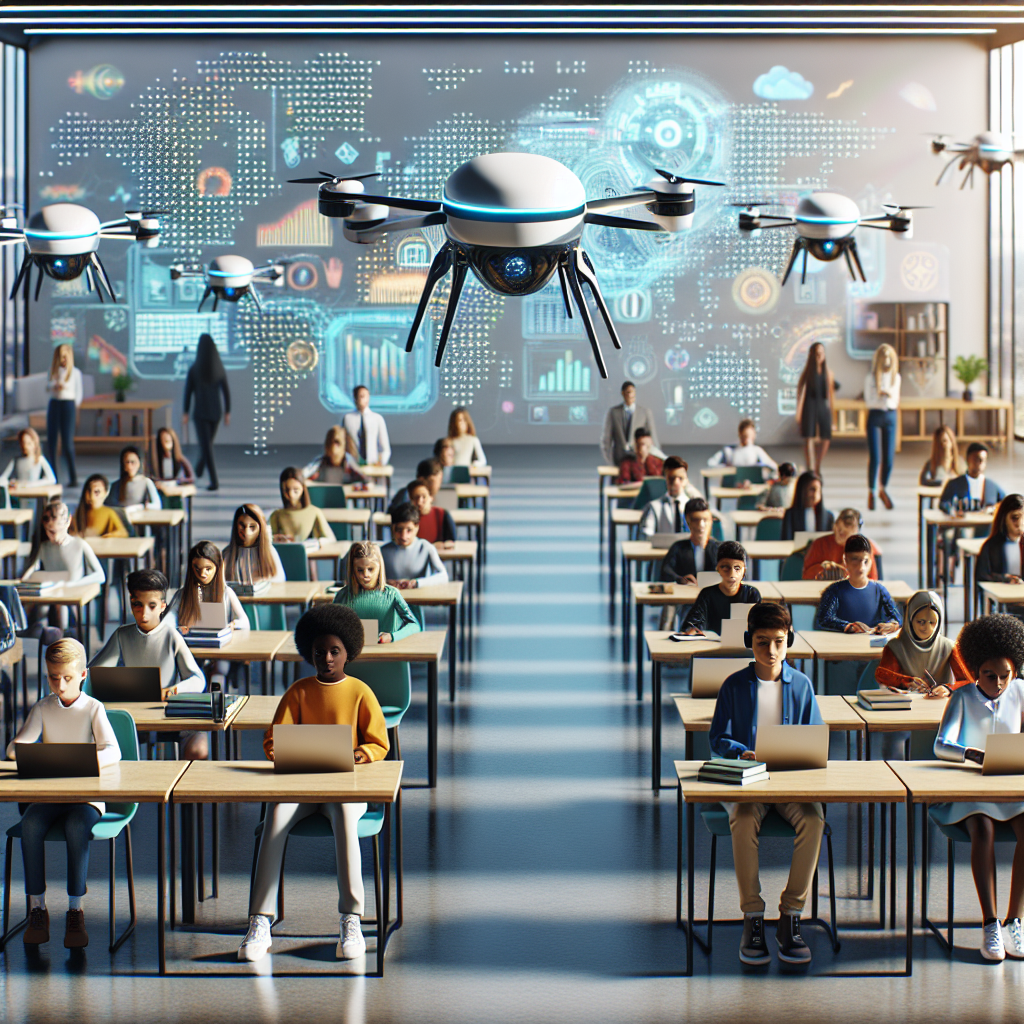The Role of AI in Supporting Gifted and Talented Students
Artificial intelligence (AI) is revolutionizing the way we approach education, and one area where it can have a significant impact is in supporting gifted and talented students. These students have unique learning needs and abilities that can sometimes be challenging to address in a traditional classroom setting. AI offers a range of tools and technologies that can help educators better meet the needs of these students and provide them with the resources and support they need to thrive.
One of the key ways that AI can support gifted and talented students is through personalized learning. AI algorithms can analyze a student’s strengths, weaknesses, and learning style to create a customized learning plan that is tailored to their individual needs. This can help gifted students stay engaged and challenged in the classroom, while also providing them with the support they need to reach their full potential.
AI can also help educators identify gifted and talented students more effectively. By analyzing data on student performance and behavior, AI algorithms can pinpoint students who may have exceptional abilities that are not being fully recognized. This can help educators ensure that all gifted and talented students receive the support and resources they need to succeed.
AI can also provide gifted and talented students with access to a wide range of educational resources and opportunities. For example, AI-powered tutoring programs can provide students with personalized instruction and feedback outside of the classroom, allowing them to further develop their skills and knowledge. AI can also help students connect with mentors and experts in their field of interest, providing them with valuable guidance and support as they pursue their passions.
In addition to supporting gifted and talented students, AI can also help educators better understand and address the unique challenges these students may face. For example, AI algorithms can analyze data on student performance and behavior to identify patterns and trends that may indicate areas where gifted students are struggling. This can help educators intervene early and provide targeted support to help these students overcome obstacles and reach their full potential.
Overall, AI has the potential to revolutionize the way we support gifted and talented students in education. By providing personalized learning opportunities, identifying gifted students more effectively, and connecting students with resources and mentors, AI can help ensure that all students have the opportunity to reach their full potential.
FAQs
Q: How can AI help identify gifted and talented students?
A: AI algorithms can analyze data on student performance and behavior to pinpoint students who may have exceptional abilities that are not being fully recognized. This can help educators ensure that all gifted and talented students receive the support they need to succeed.
Q: How can AI provide personalized learning opportunities for gifted students?
A: AI algorithms can analyze a student’s strengths, weaknesses, and learning style to create a customized learning plan that is tailored to their individual needs. This can help gifted students stay engaged and challenged in the classroom, while also providing them with the support they need to reach their full potential.
Q: How can AI help gifted students connect with mentors and experts in their field of interest?
A: AI can help students connect with mentors and experts in their field of interest by providing them with recommendations and opportunities to network with professionals in their chosen field. This can provide students with valuable guidance and support as they pursue their passions.
Q: How can AI help educators better understand and address the unique challenges faced by gifted and talented students?
A: AI algorithms can analyze data on student performance and behavior to identify patterns and trends that may indicate areas where gifted students are struggling. This can help educators intervene early and provide targeted support to help these students overcome obstacles and reach their full potential.

